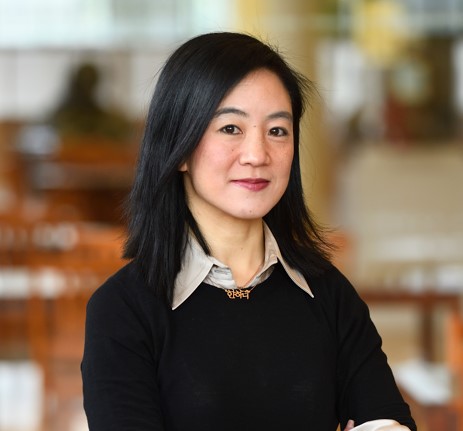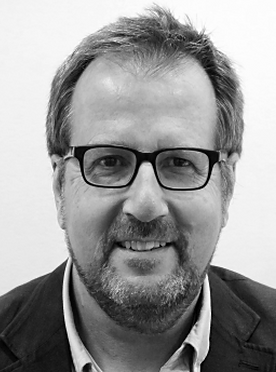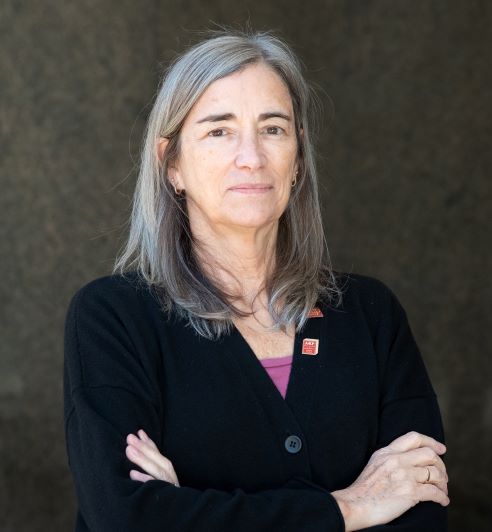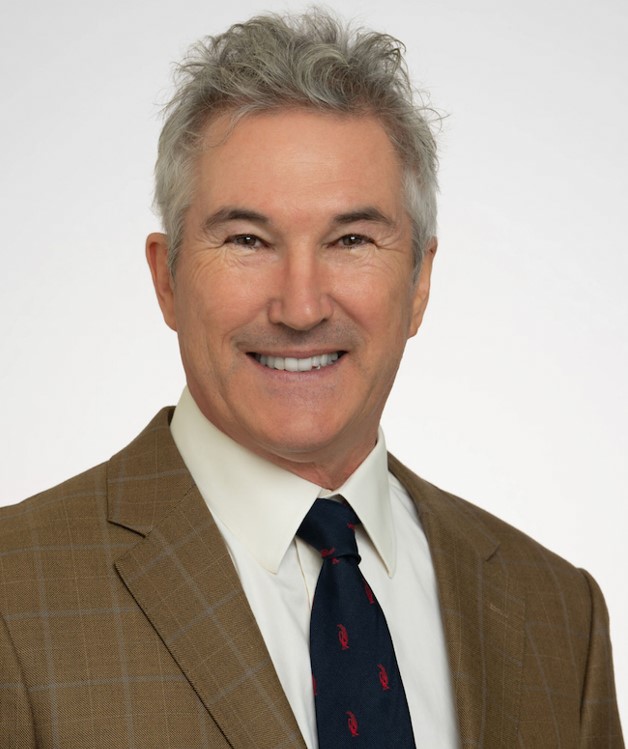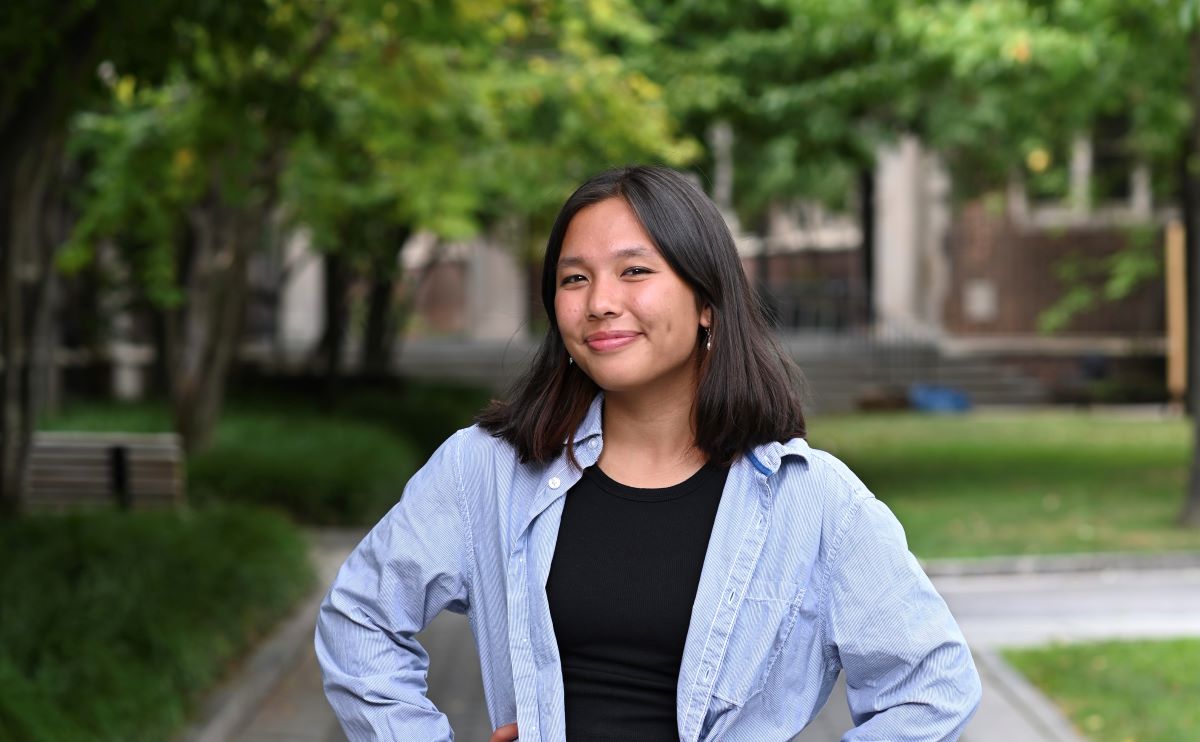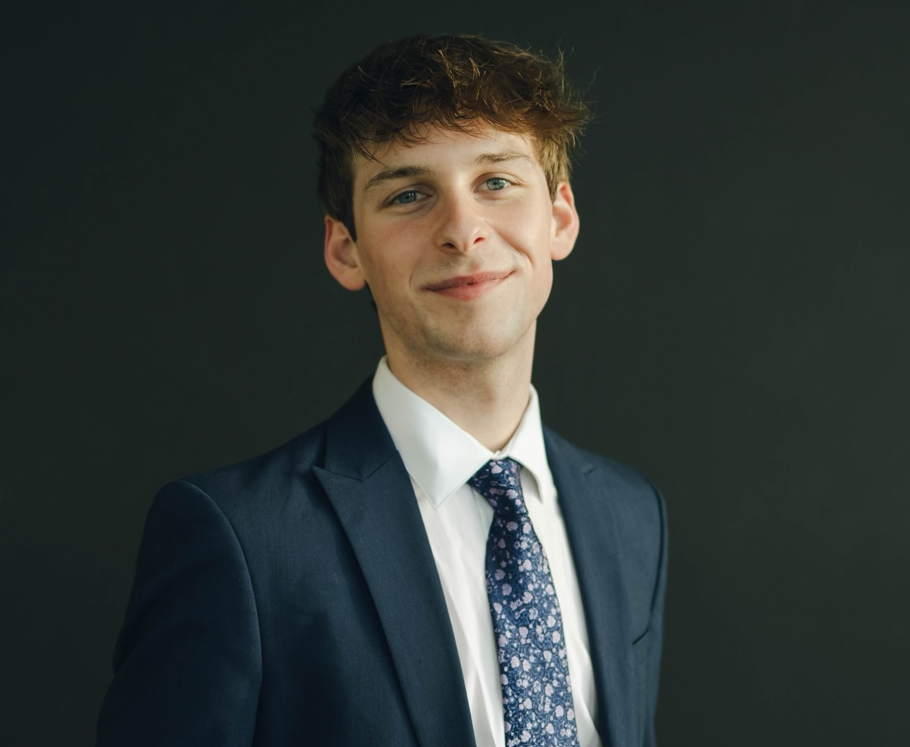The Role of Universities in Modern Democracy
Anna Kynthia Bousdoukou
“It is true, universities not only can be the product, but also the guardians of democracy, both at the same time” was Anna Kynthia Bousdoukou’s first take on the discussion titled “The role of universities in modern democracy”, which was held virtually on Tuesday, November 12, 2024. Covering a range of topics from academic freedom to social responsibility, the discussion explored the evolving role of universities in upholding democratic values. “From their very inception universities are the heart of academic knowledge and research, and the driving force behind helping societies evolve. Often, they have also been arenas for the fight for democracy and free speech”, highlighted A. Bousdoukou.
The SNF Dialogues opened the discussion to both experts and students who shared their insights into this important topic based on their experience. Irene Mulvey, AAUP Immediate Past President and Professor Emerita of Mathematics at Fairfield University, admitted that “we in the higher education community have not done a good job in explaining the value of the university. Higher education is a pillar of democracy, and when you undermine it, you are threatening democracy”. John Holmwood, Emeritus Professor of Sociology at the University of Nottingham, added that “part of the problem is how the university is being constructed in the public imagination and that’s very different from the way the university is in terms of the experience of most students”.
The SNF Dialogues attempted to delineate the views of students across the US, regarding their colleges and universities, by conducting a national survey in collaboration with the research agency YouGov. The survey ran for three weeks and involved 1000 university students, across different institutions (private, public), socioeconomic status, gender, political affiliation and race, among others. Some key results from the survey were displayed during the virtual event and acted as significant points of reference for the discussion. Notably, almost 90% of student participants stated that universities in general should be doing more in terms of supporting free expression.
According to John Tomasi, President of the Heterodox Academy, the strength of universities lies on “a wider range of political viewpoints expressed intelligently on campus, aiming for truth”. He also highlighted the importance of academic self-governance, which is “the best protector of academic freedom”. However, “if we don’t take care of universities ourselves, outsiders will come in and do the job for us. That’s why it’s so important to be honest and open about some of our failings in universities”, he explained.
J. Holmwood took the discussion one step further and explained the distinction between free expression and academic freedom. While academic freedom refers to a “series of norms associated with professional identity” and the scientific or truth-seeking value of what’s taught in the classroom, free speech posits that “students coming on campus are not simply students within a particular subject, but they are also joining societies and engaging with different kinds of projects within communities”.
The US campus protests that took place last year could not be missing from the discussion. “Some of the dilemmas we faced this year around the campus protests really called into question to what is the extent to which universities are fulfilling the mission that they have”, stated Hahrie Han, Inaugural Director of the SNF Agora Institute at Johns Hopkins University. In the same spirit, Irene Mulvey pointed out that “democracy is messy, it’s hard work but we need to do a better job at explaining to our communities the importance and value of academic freedom, free speech, student protests, especially when the issues are so polarizing”.
Based on her experience during an “intense” academic year, Anna Oakes, multimedia journalist and graduate student at the Columbia Journalism School, mentioned that “this fall there’s been a sense of a real disruption of the fragile trust between students and the administration”. The same sentiment of uncertainty and tension was prevalent in other institutions as well, as reported by April Anthony, SNF Ithaca student leader at the University of Delaware and Faith Applegate, senior at the University of Pennsylvania. The students talked about a feeling of “fear about retaliation and crackdown”, while experiencing “a really disheartening time”. Luke McDermott, External Vice President at the Association of Students of the University of Nebraska and Chairman of the Husker Vote Coalition, also noted that “universities have become much more corporatized over the years, and they see disruption as an interruption of the product that students are buying, instead of a supplement to the experience that they are living in”.
Going back to the survey, it was interesting to see how students saw the impact of their own universities on a range of different fields. While 61% of students said that their university has a very or mostly positive impact in preparing them to participate in democracy, the latter ranked last compared to the university’s impact in preparing students for the modern workforce (76%) or its provision of instruction to students (78%).
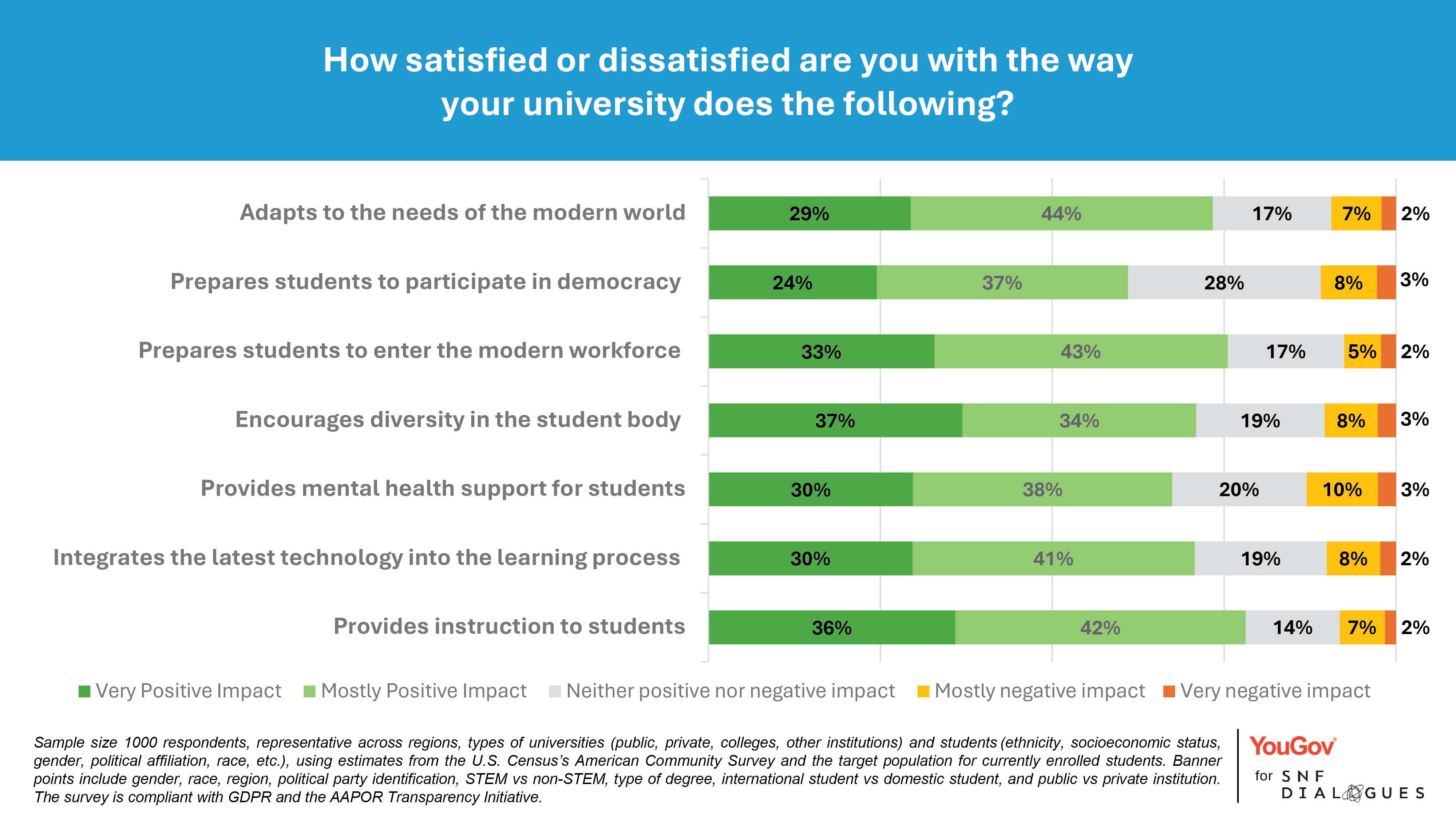
Similarly, only 60% of students thought their university has a very or mostly positive impact in standing up for important issues facing the world, as opposed to its impact in advancing scientific knowledge (76%) or offering future career prospects (82%), highlighting the respondents’ belief that universities should not only have a strict academic and technical role but also nurture in students the skills of civic engagement and civil discourse.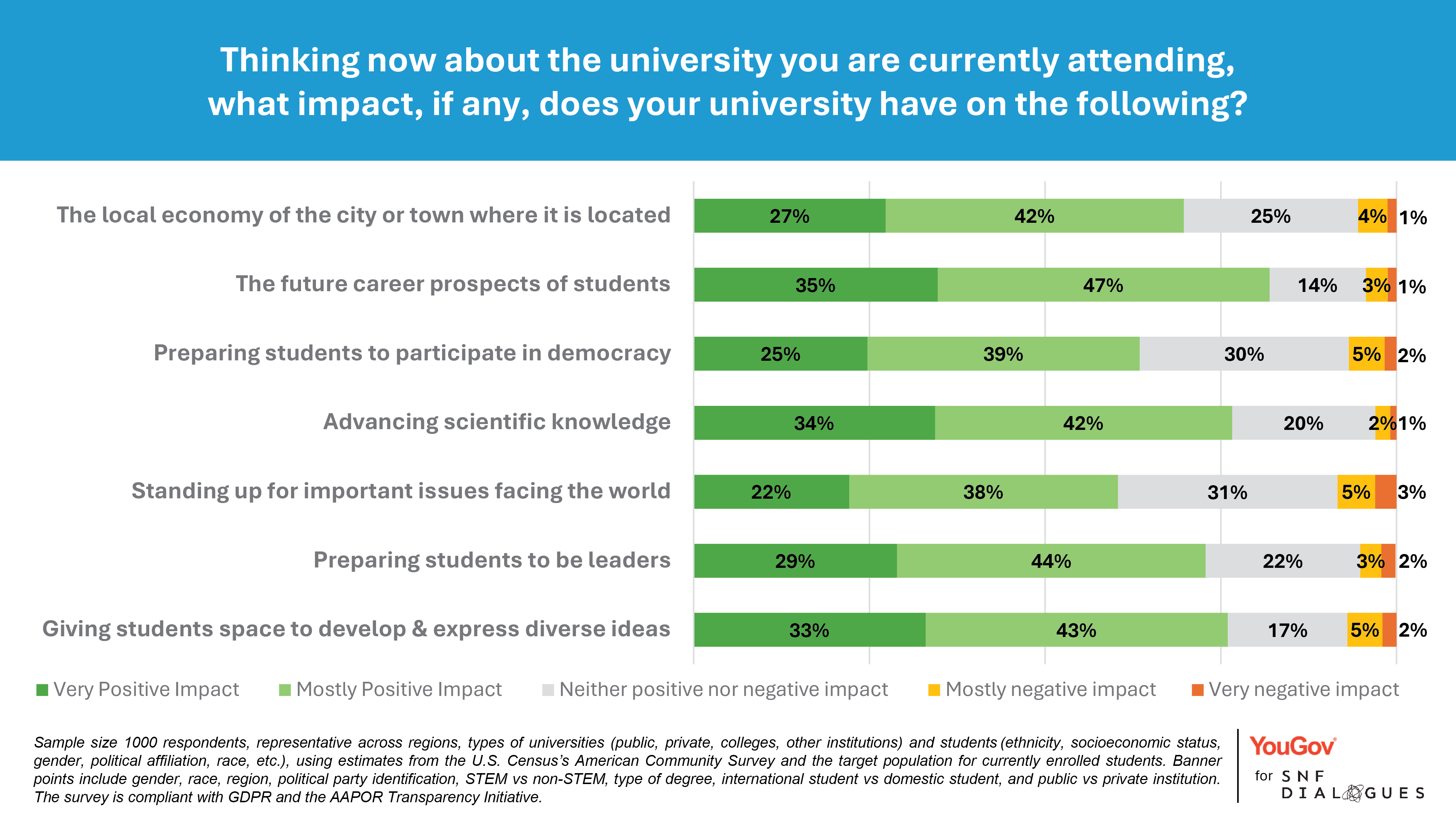
The issue of accessibility in higher education was raised by I. Mulvey, who pointed out that “Higher Education should be free, accessible to anyone willing to do the work. It’s supposed to be an engine of social mobility”. A. Oakes further echoed this argument by saying that “it’s hard to talk about universities as part of democracy when they are so expensive and when you elevate the knowledge of people who have gone through a university setting above the experiences of people who can’t enter university”.
J. Holmwood summed up the essence of the discussion with the following comment: “It’s not “how do we manage the university for democracy?” but perhaps thinking of the university as the very exemplar of what a modern democracy is”.
Lat but not least, Ron Daniels, Johns Hopkins University President, made a brief intervention during the discussion, stressing that “we must equip students, staff, faculty, and all in our communities with the skills and capacities to engage across lines of difference especially on those issues around which people hold starkly divergent views”, shedding light on the crucial role that university leaders play in such challenging times.
The SNF Dialogues discussion is the last part of a series of open discussions on civic engagement and civil discourse.



